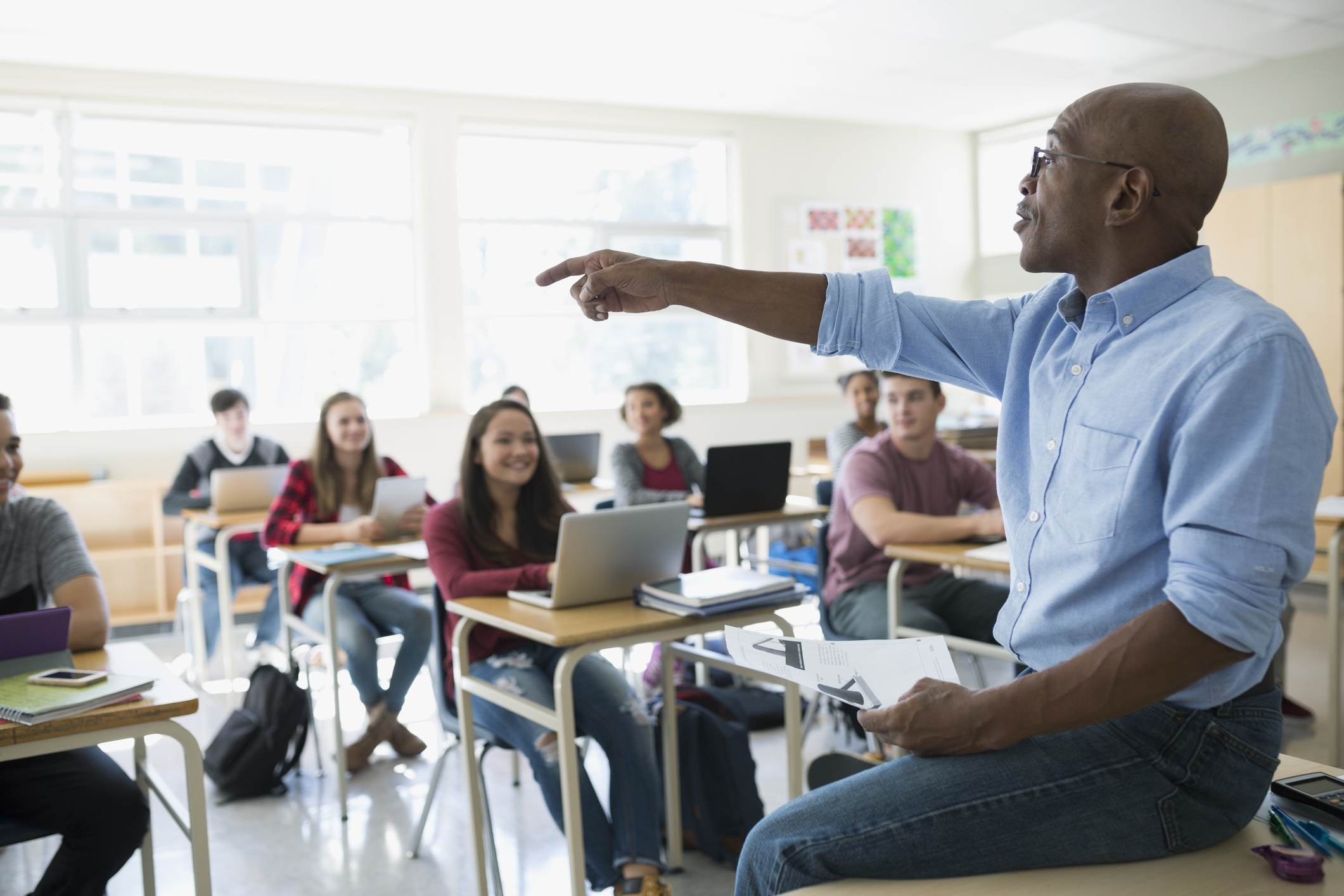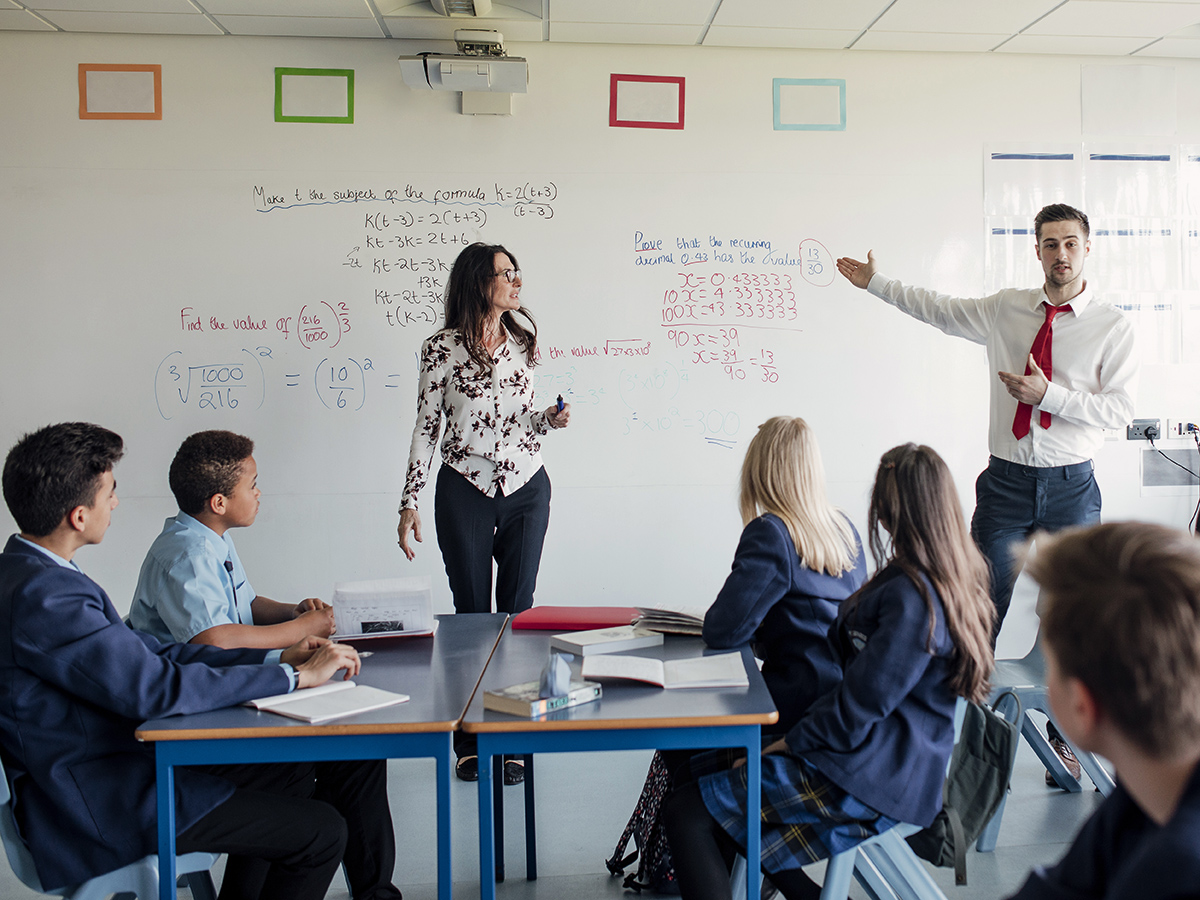Unlock Your Child’s Potential with Primary Science Tuition Singapore
Unlock Your Child’s Potential with Primary Science Tuition Singapore
Blog Article
Discovering the Various Training Approaches in Main Scientific Research Education Today
Inquiry-based understanding, hands-on experiments, and the combination of innovation are redefining how instructors involve young minds. Furthermore, joint approaches and differentiated direction are being utilized to cater to the varied requirements of trainees, enhancing both involvement and understanding.
Inquiry-Based Learning
Inquiry-Based Understanding (IBL) is a pedagogical strategy that motivates students to explore clinical principles through doubting, examination, and hands-on testing. This approach emphasizes the function of pupils as active participants in their learning, advertising essential thinking and problem-solving abilities. By engaging with real-world questions, trainees come to be curious and motivated, which enhances their understanding of clinical principles.
In IBL, instructors function as facilitators, guiding pupils as they navigate their inquiries as opposed to delivering information directly. This student-centered strategy enables differentiation, accommodating various discovering styles and rates. Trainees establish abilities in formulating hypotheses, creating experiments, and evaluating information, which are vital for scientific proficiency.
Additionally, IBL cultivates collaboration amongst students, motivating them to share ideas and searchings for. This collective inquiry advertises social skills and a feeling of community within the class. Additionally, the process of inquiry encourages resilience, as pupils find out to welcome failure as a tipping rock towards understanding.
Hands-On Experiments
Hands-on experiments are a crucial element of efficient science education, complementing the concepts of inquiry-based discovering. These experiments enable trainees to engage straight with clinical principles, cultivating a much deeper understanding through experiential discovering. By adjusting products and observing end results, young learners can realize abstract theories in tangible means.
Such activities advertise critical reasoning and analytical skills, as trainees hypothesize end results, conduct experiments, and assess outcomes. This process motivates them to ask questions, fine-tune their understanding, and create a scientific way of thinking. Furthermore, hands-on experiments can be tailored to varied discovering designs, making certain that all students have the possibility to involve meaningfully with the material.
Additionally, hands-on experiments commonly motivate collaboration amongst peers, advertising teamwork and interaction skills. Functioning in groups allows students to share ideas, talk about searchings for, and pick up from one another, which enhances their total instructional experience.
Including hands-on experiments right into the primary scientific research educational program not just improves the finding out environment yet also grows a lifelong interest in science. By actively getting involved in their education and learning, students are more probable to create an interest for scientific inquiry that prolongs past the classroom.

Technology Assimilation
Integrating technology into primary scientific research education and learning has ended up being progressively important in promoting trainee interaction and improving discovering results. Making use of digital tools, such as interactive simulations, online labs, and educational software application, offers trainees with chances to check out scientific concepts in cutting-edge means. These resources assist in a deeper understanding of complex topics by allowing students to envision and adjust variables that would certainly be not practical in a typical class setup.
In addition, modern technology integration urges individualized discovering experiences. Pupils can progress at their own pace, taking another look at difficult ideas with multimedia sources, which cater to different discovering styles. This flexibility not only supports specific growth but also grows a feeling of freedom in learners.
In addition, technology acts as a bridge to real-world science, attaching pupils with existing research and specialist contributions. Accessibility to online data sources and clinical journals widens students' perspectives on scientific questions and promotes crucial assuming skills.
Collaborative Discovering
Collaborative discovering plays a vital function in key science education and learning by promoting synergy and communication skills amongst students. This method motivates learners to interact, share understanding, and engage in analytic, which boosts their understanding of scientific ideas. By taking part in team activities, pupils find out to verbalize their concepts, listen to varied viewpoints, and discuss options, every one of which are vital skills in both real-world and academic contexts.
Research study indicates that collaborative understanding can cause enhanced inspiration and interaction in science topics, as trainees find enjoyment in common experiences (primary science tuition Singapore). Furthermore, this technique prepares trainees for future joint undertakings, furnishing them with the skills Learn More Here necessary for efficient teamwork in greater education and professional environments. Ultimately, accepting joint discovering in key scientific research education can considerably improve the learning experience and advertise a deeper understanding of scientific query
Distinguished Direction

Set apart guideline can show up in different methods, such as differing the content, procedures, or products of knowing. Educators may make use of tiered tasks that provide differing levels of complexity, allowing students to function at their respective readiness degrees. In addition, versatile organizing approaches can facilitate partnership among trainees with various capacities, fostering peer knowing.
Evaluation plays a crucial function in this technique, as it educates instruction and aids instructors recognize each pupil's distinct needs. Formative evaluations, such as monitorings and quizzes, can direct teachers in adjusting their approaches to enhance learning outcomes. primary science tuition Singapore. Ultimately, by applying separated instruction in main science education and learning, educators can cultivate an extra effective and fair learning atmosphere, empowering all pupils to reach their full possibility in comprehending scientific sensations
Verdict
In recap, the diverse teaching methods in main scientific research education, including inquiry-based learning, hands-on experiments, modern technology assimilation, collective knowing, and differentiated guideline, jointly contribute to an extra efficient knowing environment. These techniques promote important reasoning, problem-solving abilities, and a deeper understanding of clinical ideas. By applying these techniques, educators can create appealing and helpful class that address the varied needs of students, ultimately promoting a lifelong rate of interest in science and improving scholastic accomplishment.
Inquiry-Based Discovering (IBL) is an instructional technique that urges pupils original site to explore scientific concepts through doubting, investigation, and hands-on experimentation.Collaborative learning plays an important function in main science education by promoting team effort and interaction skills among trainees.Research suggests that collective learning can lead to enhanced motivation and engagement in scientific research subjects, as students find enjoyment in shared click to find out more experiences.In cultivating a comprehensive understanding setting, distinguished direction emerges as an essential technique to fit the diverse requirements and capabilities of trainees in main science education. Eventually, by implementing distinguished instruction in primary science education and learning, teachers can grow an extra fair and reliable knowing environment, encouraging all pupils to reach their complete potential in understanding clinical phenomena.
Report this page